


Introduction
The arrival of a newborn is an exciting and joyous occasion for any family, but it also brings a host of new responsibilities, including ensuring that your baby gets the quality sleep they need. Baby sleeping essentials are vital to creating a safe and comfortable sleep environment for your little one. In this article, we will explore the must-have baby sleeping essentials that every parent should consider.
1. Crib or Bassinet
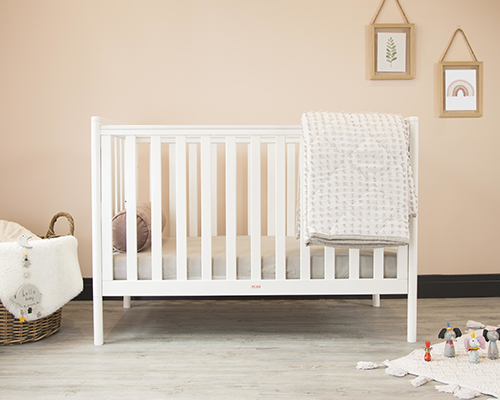
The first and most crucial item for your baby’s sleep is a crib or bassinet. These provide a safe and comfortable place for your baby to rest. Ensure that the crib meets current safety standards and has sturdy construction. Make sure there are no gaps or protruding parts that could pose a hazard to your baby. Bassinets are ideal for the early months when your baby is small and need to be close by.
2. Mattress
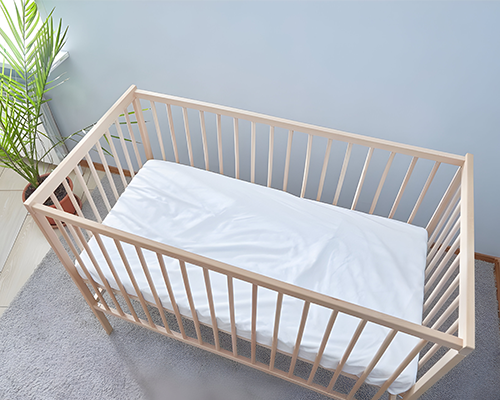
The mattress inside the crib or bassinet is equally important. Look for a firm, flat mattress that fits snugly within the crib to reduce the risk of suffocation. Avoid using soft or memory foam mattresses, as they can be dangerous for infants.
3. Bedding
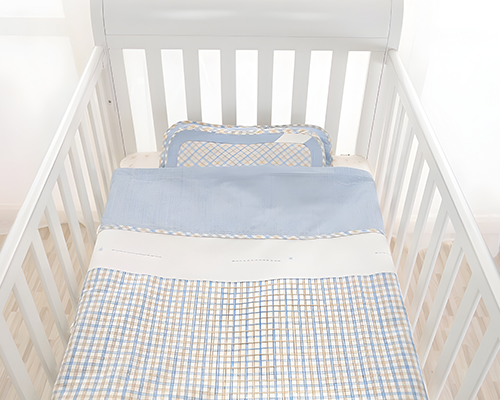
Choose appropriate bedding for your baby’s crib or bassinet. Avoid using heavy blankets, quilts, or pillows, as they can increase the risk of Sudden Infant Death Syndrome (SIDS). Instead, opt for fitted crib sheets that fit the mattress snugly. You can layer lightweight, breathable blankets or sleep sacks to keep your baby warm without overheating.
4. Sleep Sacks
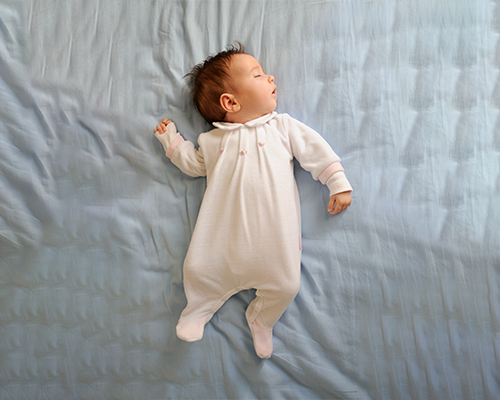
Sleep sacks or wearable blankets are a safer alternative to traditional blankets. These keep your baby warm without the risk of them getting tangled in loose bedding. Sleep sacks come in various sizes and materials to suit different climates.
5. Swaddle Blankets
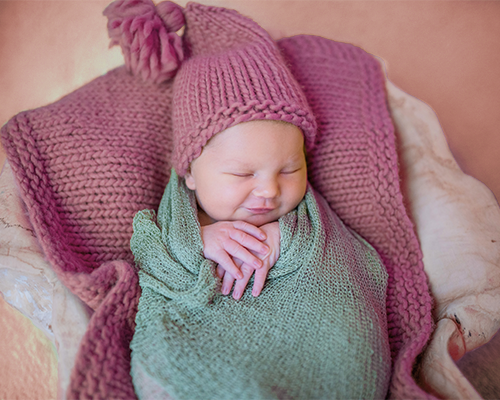
Swaddling can help calm and comfort your baby during sleep. Look for swaddle blankets designed for safe swaddling, ensuring they don’t constrict your baby’s hips. Some parents prefer swaddle wraps with Velcro or snaps for ease of use.
6. Pacifiers
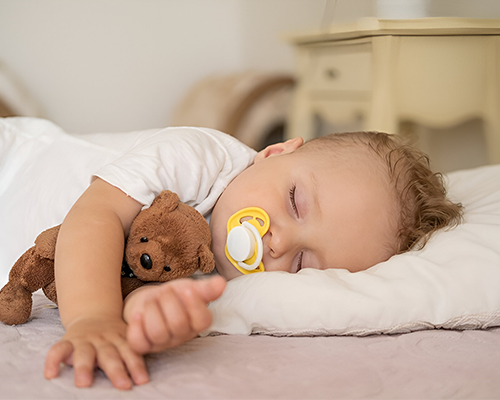
Pacifiers can reduce the risk of SIDS when used during naps and bedtime. They help soothe your baby and provide comfort. However, if you’re breastfeeding, it’s recommended to wait until your baby is about one month old and established in breastfeeding before introducing a pacifier.
7. White Noise Machine
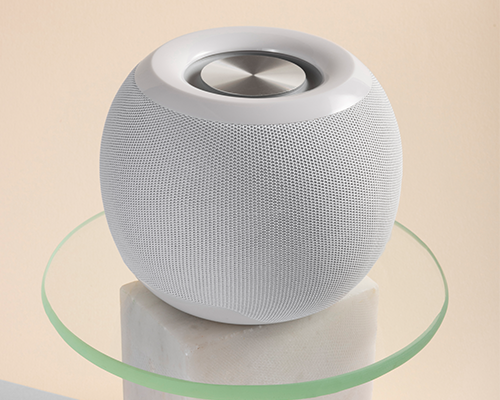
White noise machines can create a soothing environment that mimics the sounds your baby heard in the womb. They can help drown out household noises and establish a consistent sleep environment.
8. Baby Monitor
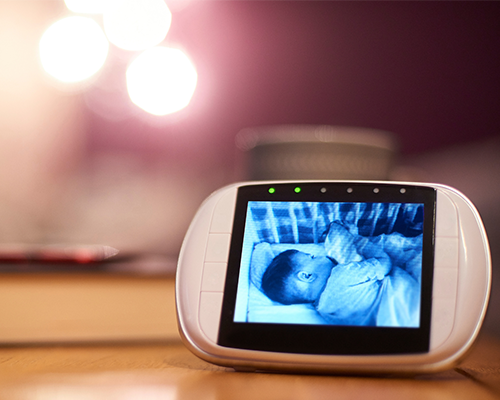
A baby monitor allows you to keep an eye and ear on your baby while they sleep. Video monitors are popular for providing a visual of your baby, while audio monitors offer sound-only options. Choose one that suits your needs and budget.
9. Blackout Curtains
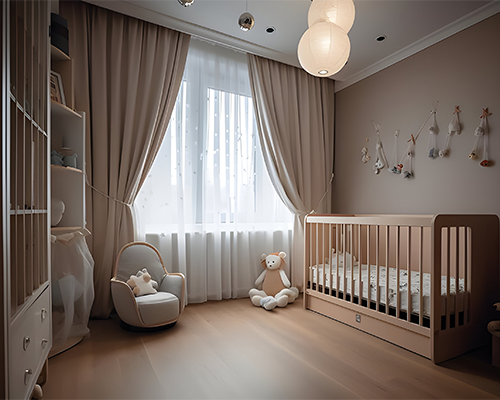
Creating a dark sleep environment can help signal to your baby that it’s time to rest. Blackout curtains can block out daylight, making it easier for your baby to nap during the day and sleep better at night.
10. Safe Sleep Guidelines
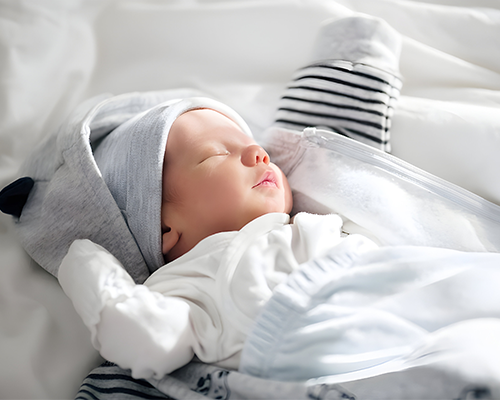
Lastly, it’s essential to follow safe sleep guidelines recommended by pediatricians and organizations like the American Academy of Pediatrics (AAP). These guidelines include placing your baby on their back to sleep, avoiding soft bedding, and maintaining a room temperature that is comfortable for your baby, typically between 68-72°F (20-22°C).
How Much Sleep Do Babies Need?
Sleep needs at 0 to 2 months:14 to 18 hours
- Daytime sleep: 6 to 8 hours
- Nighttime sleep: 8 to 10 hours
Sleep needs at 2 to 4 months: 12 to 16 hours
- Daytime sleep: 4 to 6 hours
- Nighttime sleep: 8 to 10 hours
Sleep needs at 4 to 12 months: 12 to 16 hours
- Daytime sleep: 3 to 5 hours
- Nighttime sleep: 9 to 11 hours
How much sleep do toddlers and big kids need?
Sleep needs at 1 to 2 years: 11 to 14 hours
- Daytime sleep: 2 to 3 hours
- Nighttime sleep: 9 to 12 hours
Sleep needs at 3 to 5 years: 10 to 13 hours
- Daytime sleep: 0 to 1 hour
- Nighttime sleep: 10 to 13 hours
Sleep needs at 6 to 12 years: 9 to 12 hours
- Daytime sleep: 0
- Nighttime sleep: 9 to 12 hours

